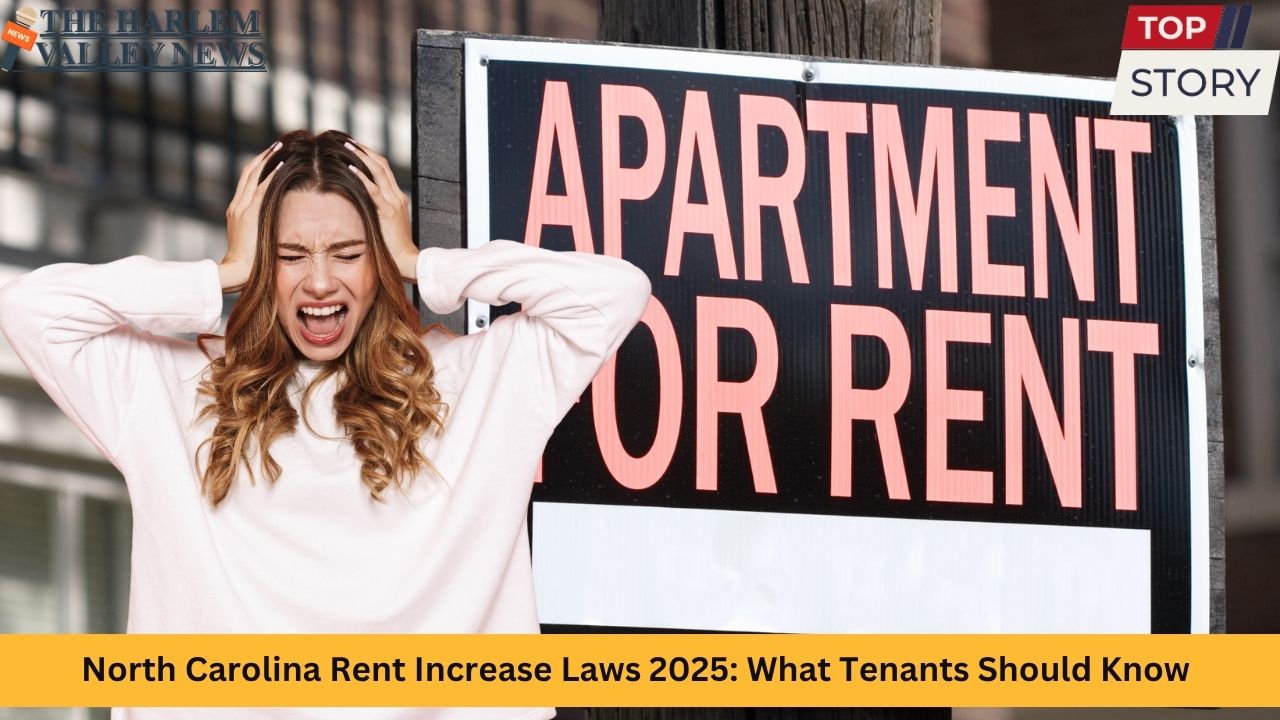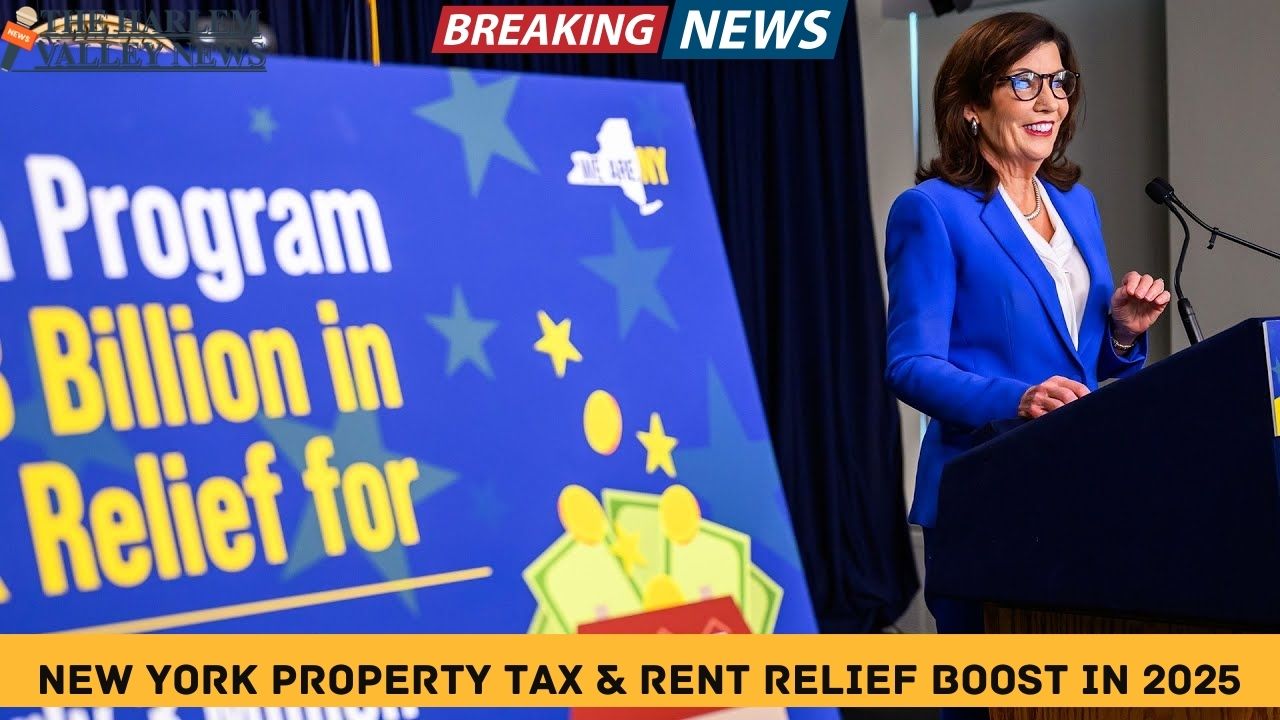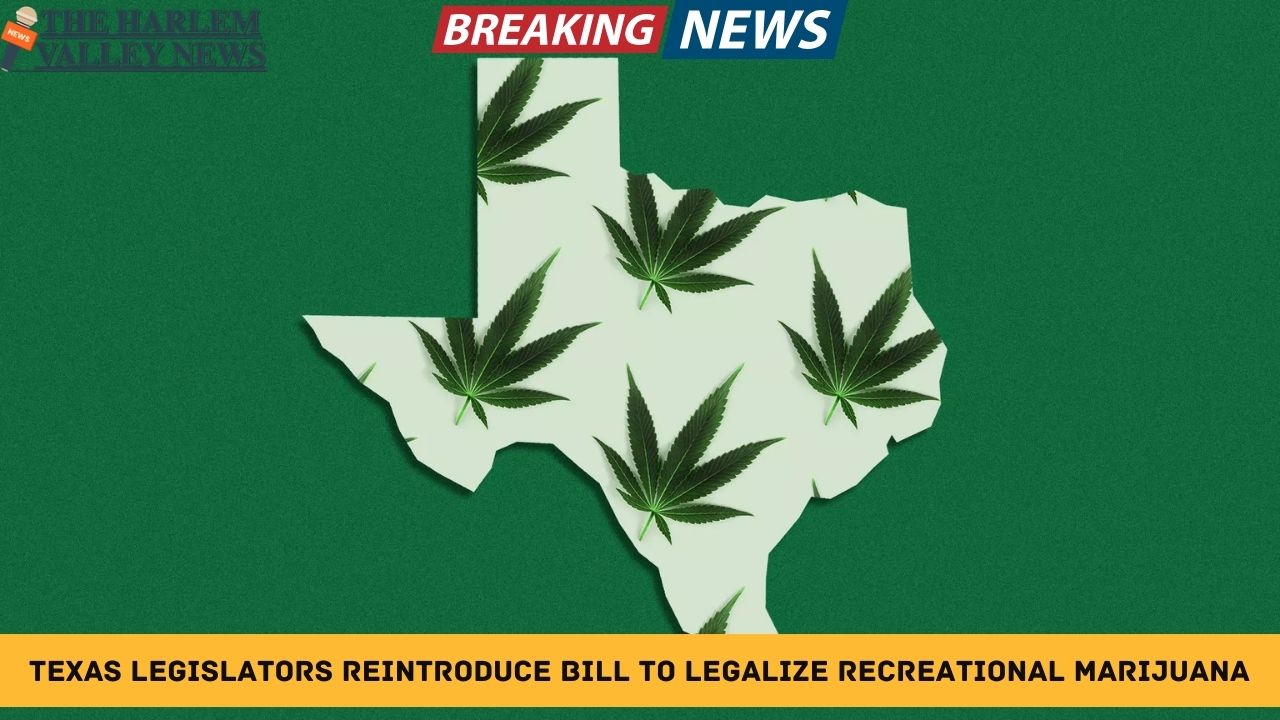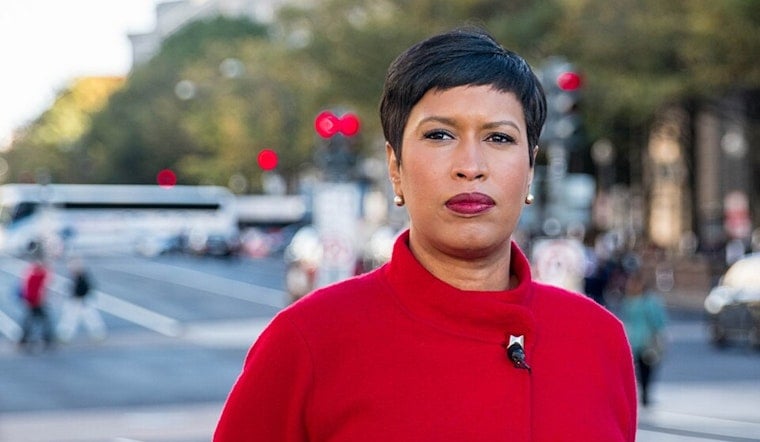North Carolina has drawn a lot of attention for its evolving rental housing market in recent years. From the mountain foothills of Asheville to the beaches of Wilmington, tenants and landlords are navigating shifts in rent values, legal regulations, and economic pressures. This article explores what tenants must understand about rent increase laws in 2025, unpacking state-level regulations, municipal nuances, tenant rights, landlord obligations, and practical strategies for renters across the Tar Heel State.
Overview of Rent Increase Laws in North Carolina
North Carolina does not impose statewide rent caps or rent control. That means, at a statewide level, landlords have the legal right to increase rent as much as they want, provided they follow general contract and notice requirements. However, this does not mean anything goes. Lease agreements, local ordinances, and the basic tenets of fairness and notice still play a crucial role.
Lease Agreements Are Key
Your lease is your contract. If you signed a fixed-term lease—say, a year-long lease in Charlotte, Greensboro, or Raleigh—the landlord cannot raise the rent mid-term unless your lease explicitly allows for it. If your lease expires, a new lease or a transition to a month-to-month tenancy gives the landlord more flexibility. In Charlotte, for instance, where the median two-bedroom rent rose significantly over the past couple of years, landlords may aim for a steeper jump once a lease ends—but they still must provide adequate notice.
Notice Requirements for Rent Increases
Even though there is no statewide rent cap in North Carolina, there are requirements for notice before a rent increase. For those on a month-to-month tenancy, landlords must typically give at least seven days’ notice before raising the rent. In fast-growing cities like Durham or Winston‑Salem, tenants on rolling leases should factor this seven‑day notice period into their budgeting.
Local Considerations and City-Level Dynamics
While state law sets the foundation, local housing dynamics matter.
In Raleigh, for example, the rental market has been tight, with demand far outpacing supply. That can pressure landlords to raise rents aggressively. In high-demand neighborhoods near the Research Triangle Park, tenants have seen significant increases when renewing leases.
On the other hand, in smaller cities such as Fayetteville or New Bern, rent increases tend to be more moderate. Even though landlords can raise rent without legal restriction, competitive markets may temper how steep increases actually are. A landlord might avoid large hikes to retain good tenants and reduce vacancy risk.
What’s Changed Heading into 2025
As of 2025, North Carolina has not introduced any new rent control or statewide limits. The legal framework remains consistent, but economic forces—such as wage growth, inflation, and investor interest in rental properties—are shaping rent trends.
Statistics from the past year show that average rents rose in many cities by mid‑single digits percentage-wise. In Asheville, known for its arts scene and outdoor appeal, rent increases hovered around five percent on renewal while move‑in rents climbed closer to eight percent. In coastal areas like Wilmington, prices ticked upward more sharply, reflecting seasonal demand and out‑of‑state interest.
Given this environment, tenants must pay attention to both their legal rights and market conditions.
Tenant Rights You Must Know
Understanding your rights is crucial. First, your landlord must give proper notice before increasing rent. For month-to-month leases, that means at least a week. For fixed-term leases, an increase usually takes effect at the end of the lease term.
Second, landlords cannot raise rent in retaliation. If you have reported a health or safety violation, for instance in Winston‑Salem, the landlord can’t retaliate by hiking your rent. That protection, rooted in general tenant‑landlord law, safeguards renters from unfair punishing measures.
Third, discrimination laws still apply. They cannot increase rent on account of your race, religion, sex, familial status, disability, or other protected status. So if a landlord in Greensboro raises rent only for families with children—but not for child‑free tenants—that could be discriminatory.
Landlord Responsibilities Before Raising Rent
Landlords must act in good faith. They need to provide proper notice and stick to the terms of the lease. In the absence of rent control, landlords may need to balance their bottom line with market conditions and tenant retention.
For example, landlords in Chapel Hill often keep increases modest to maintain long‑term tenants—especially near the university where frequent turnover increases vacancy risk. Even in high‑demand areas, landlords who raise rent more dramatically may risk losing valued tenants or face extended vacancy periods.
How Municipal Services and Tax Policies Influence Rent
City budgets and services indirectly affect rent. In places like Cary or Wilmington, where property tax increases or investments in infrastructure are on the rise, landlords may pass some of those costs on to tenants through rent increases. Conversely, incentives such as tax breaks for affordable housing developers in Asheville or Raleigh may help stabilize rents in new projects.
Tips for Tenants Facing Rent Increases
Plan for lease expiration
Start planning several months before your lease ends. In booming markets like Durham, knowing that lease renewals often come with increases allows time to explore alternatives or negotiate.
Negotiate—even modestly
Landlords might offer small concessions—like one month free or reduced increase—especially in neighborhoods with mid-level turnover, such as Greensboro or Fayetteville neighborhoods undergoing revitalization.
Benchmark your neighborhood
Look at average rents in nearby areas. If your current rent rise is significantly higher than average for a two-bedroom in Winston‑Salem, that gives you leverage or informs your decision about staying.
Understand your legal options
If the rent increase seems retaliatory or discriminatory, you may need to consult with tenant advocacy groups. Cities like Asheville and Raleigh have nonprofits that offer advice or arbitration.
Housing Trends Shaping Rent in 2025
Population growth
North Carolina remains one of the fastest‑growing states in the nation. Cities like Charlotte, Raleigh, and Durham continue to attract newcomers for jobs and lifestyle. That growth fuels demand and gives landlords more latitude to raise rent at lease expiration.
Remote work and relocation
Remote workers moving from higher‑cost metros have increased demand in smaller cities like Wilmington or Greenville. That influx, especially of renters with higher budgets, creates pressure on landlords to lift rents.
Development vs. affordability
Several new apartment complexes are planned or under construction in suburban markets around Raleigh and Charlotte. While supply increases, they often cater to higher price tiers—so affordability stays out of reach for many long‑time tenants.
Inflation and cost of living
Even modest national inflation ripples into property taxes, insurance, and maintenance costs. Landlords in more rural counties like Pitt or Cumberland may reflect these rising costs in rent hikes, even if local rental demand hasn’t surged.
What Tenants Can Do in Key North Carolina Cities
Charlotte – With a booming job market and rental demand, average rent increases are often higher around urban centers. Tenants might consider negotiations or exploring nearby suburbs like Matthews or Concord.
Raleigh-Durham Triangle – The Research Triangle remains hot. Tenants who wish to stay in high-demand neighborhoods like Cary or Chapel Hill could explore longer lease terms or early renewals to lock in current rates.
Asheville – A magnet for artists and retirees, rent climbs are often tempered by smaller tenant pools. Tenants may find leverage particularly if they’ve been long‑term renters or live outside tourist‑centric core districts.
Wilmington and Coastal Areas – Seasonal spikes drive rates up. Long-term tenants can benefit by discussing staggered increases or negotiating mid‑year renewal schedules.
Fayetteville and Smaller Cities – Markets here are more balanced. Tenants may more easily find comparable units if current prices climb too high, giving them negotiation power.
Real-Life Scenario: Renewal in Raleigh
Imagine a tenant in Raleigh with a year‑long lease ending in September. Market rents have gone up six percent in that neighborhood over the last year. The landlord gives thirty days’ hybrid notice—effectively short for lease renewals but legally sufficient.
The tenant, armed with local rental listings showing only a three percent average bump, negotiates: “I love living here, but I’d prefer a smaller increase or a free month.” The landlord, facing some vacancy risk, agrees to a four percent increase plus one month free. This scenario exemplifies how knowledge of local market dynamics and proactive negotiation can yield better renewal terms.
What Lies Ahead for 2026?
While nothing is currently in the pipeline for rent control in North Carolina, legislators in several states are monitoring affordability issues. If the rental crunch deepens in fast-growing corridors like the Triangle or Charlotte metro, advocacy groups may push for limits—or at least tenant protections like longer notice periods.
Municipal initiatives, such as incentives for affordable housing or expansion of tenant support services, may emerge in response to rising rents. The next year will also show whether supply keeps pace with population growth—if not, rent pressure may intensify.
Final Thoughts for North Carolina Renters
In 2025, North Carolina renters must stay informed and proactive. You don’t benefit from rent control, but you do have rights anchored in lease terms, notice requirements, and anti‑retaliation protections. Knowing your local market—whether that’s Asheville or Wilmington—gives you strategic leverage.
Whether you’re renewing in Charlotte, negotiating in Raleigh, or facing seasonal pressure in coastal cities, rent increases are manageable with foresight, local knowledge, and negotiation. Keep an eye on your lease, budget for potential increases, and don’t hesitate to reach out to tenant advocacy groups if you suspect unfair practices.
By staying aware of market trends and policies, you’ll be better equipped to navigate rent increases in the Tar Heel State—and shape a fair outcome that supports your budget and stability.
















Leave a Reply